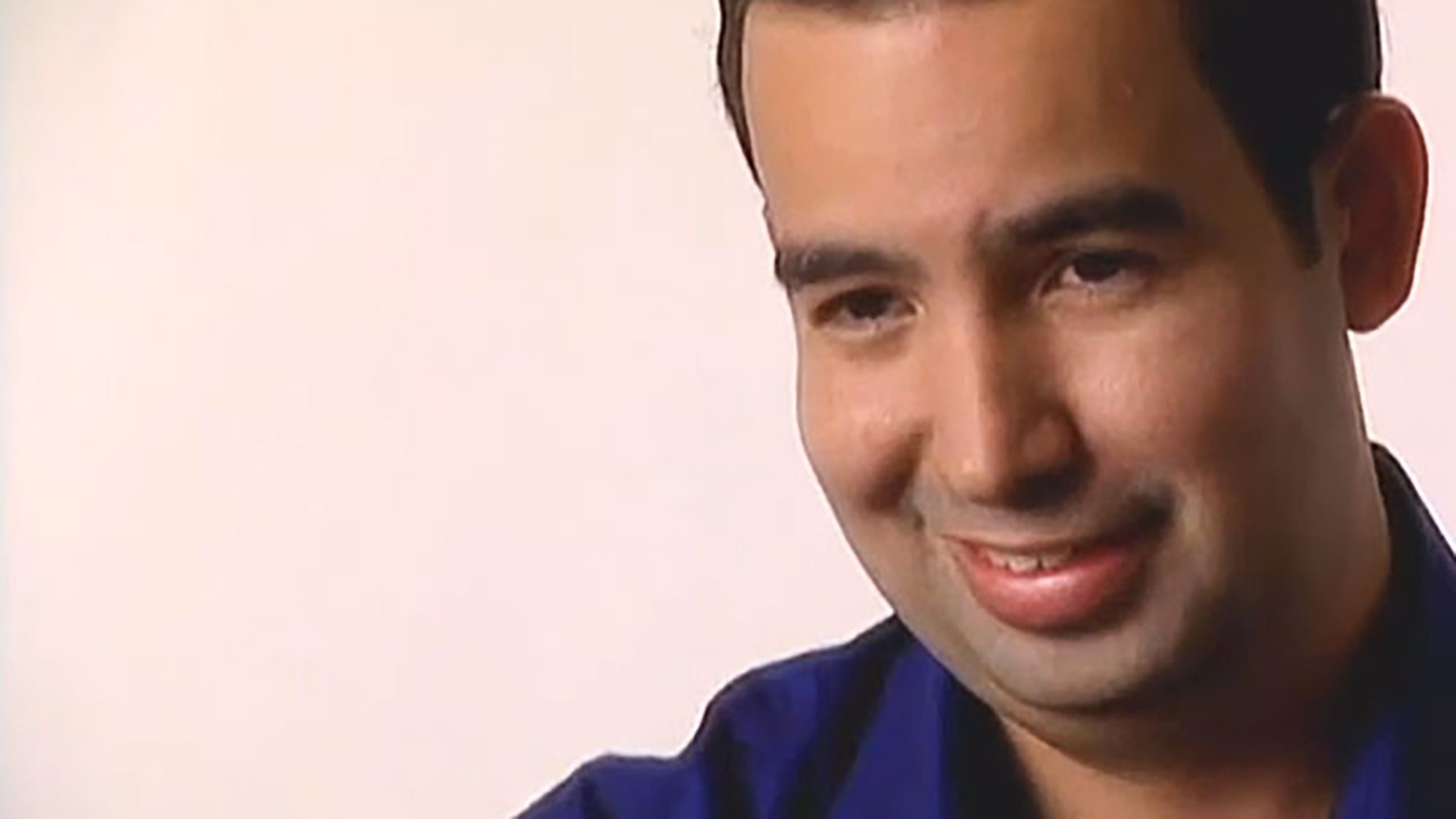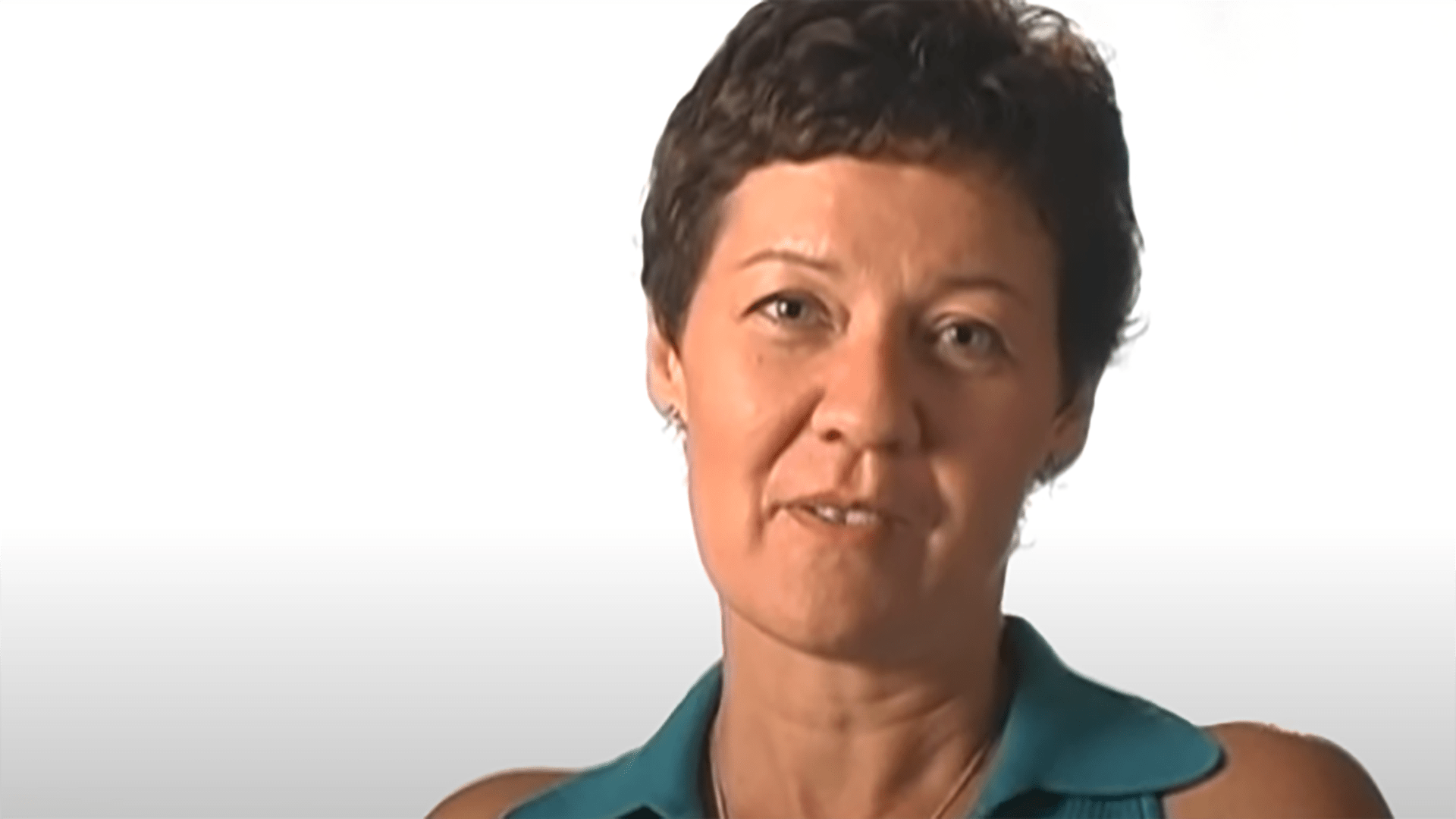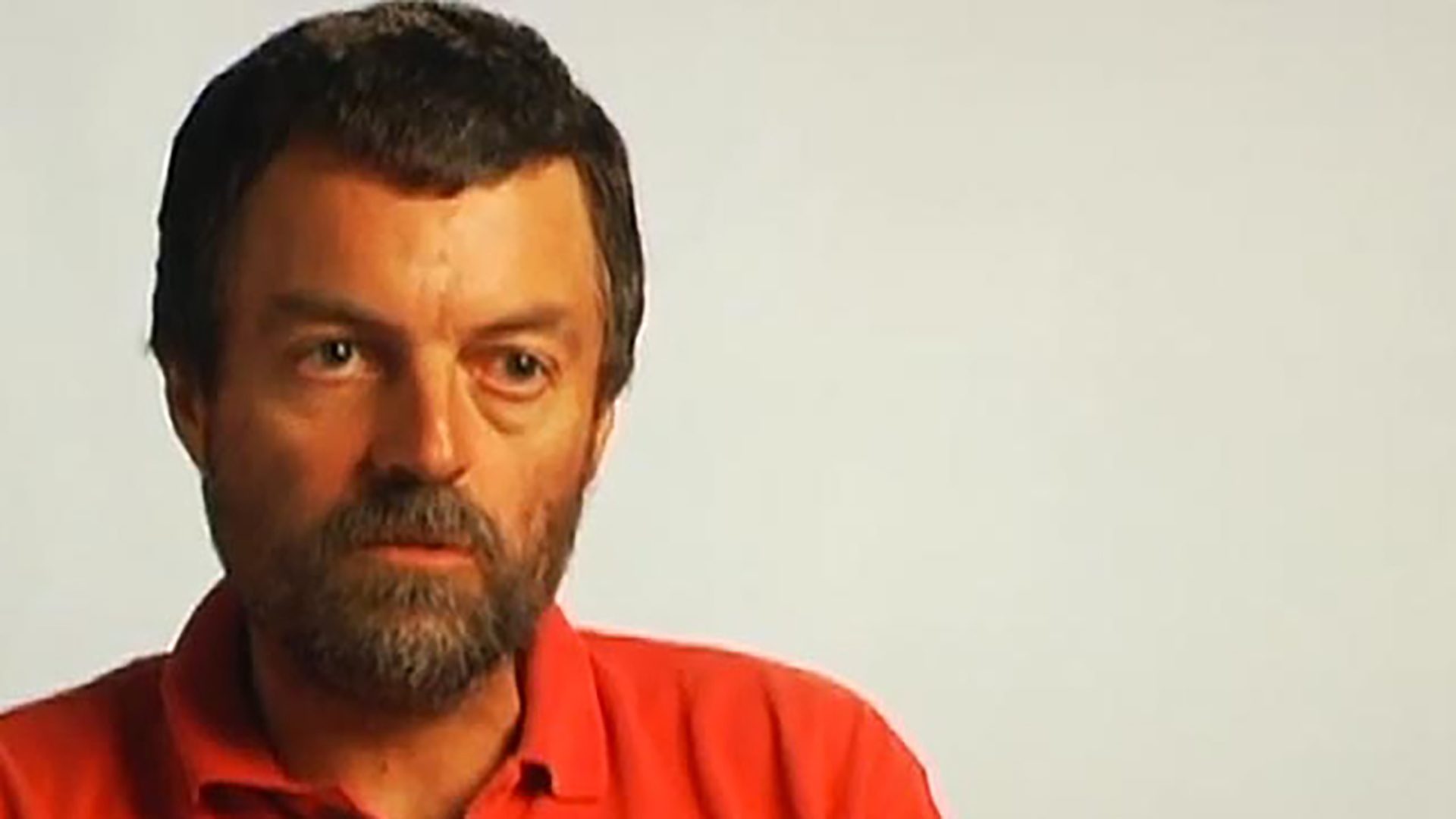Survivor Interview – Octavio Z.
Leukemia survivor Octavio discusses communicating with your health care team, cardiotoxicity, fatigue, and preparing for life after cancer.

Then, I was a little bit embarrassed about things like puberty. I was already kind of a shorter kid. I turned 12, and I was already starting to look at girls, wanting to hang out with them and start dating and stuff, but I knew that there was no way—having no hair, being and looking so sick—that that was going to happen.
In hindsight, I would have asked my doctors and nurses a lot of specific questions. “Is this eventually going to go away? Am I going to look better so that the girls will like me? Will I start puberty when everybody else will?” These were embarrassing questions that I wish I would have asked anyway, just to ease my mind. I realize now that the nurses and the doctors were people that I could trust with these questions, and I really would encourage you to ask the most personal, intimate questions if you really trust your doctors and nurses.
As a young person with cancer nowadays, your chances of having a life after chemo are great. But in your quest to finish and move on, remember to prepare. Start asking your doctors and nurses specific questions about what effects the chemo can have right after treatment and many years after. Not so you can be a hypochondriac or worry, but just so you can be prepared and do what you need to do to have as normal a life as possible.
The main physical issue that I’ve had to deal with is cardiotoxicity. The class of medication that can cause it is called anthracyclines which, in very high doses, can affect the heart muscle, causing it to eventually get brittle or tear, especially if I do certain activities like weightlifting or other weight-bearing activities. It’s not an active problem at the moment, but it has restricted what I can do in terms of physical activity, and it’s kind of a looming threat. So even though I’m supposed to exercise and live a healthy lifestyle, I have to make sure I don’t do certain things. Outside of that, the biggest thing that I struggle with is fatigue—fatigue that up until a few years ago I thought was due to laziness or lack of motivation. To my relief and frustration, I found out it’s because of the chemo and the cranial radiation that I received. That really has had a bigger impact in my life than I had appreciated until recently. I know that, intellectually and spiritually and otherwise, there are so many things I could do, but your body has to do it and I don’t always have the energy to do what I’d like to do.
I wish I would have known about these effects sooner, because that would have been very helpful for me, for my morale, and even for my motivation. I found out ten years after treatment. In those ten years I had gone to college, joined a gym, lifted tons of weights—basically done all kinds of things that I found out later I shouldn’t have done.
I wasn’t able to get back into things socially until a good five, six years after treatment. I finished my sophomore year at a regular high school and then went to an all-boys boarding school. It was another form of isolated living, very religious. A teen program that came about one year after I finished treatment helped me make it through high school. It brought together teens that have or had cancer to share their stories and develop social skills by interacting with other teens in an environment that’s safe — where people won’t judge you for not having hair, not having a limb, for maybe not having the best social skills, because they all understand. That helped a little bit, but it wasn’t around long enough to really prepare me for college.
College was more like trial by fire, where I had to catch up with my peers in order to survive and graduate. College is an environment where independence, resourcefulness and social skills are vital. I didn’t have any of them because of the treatment and the isolation. Academically, it wasn’t too hard to catch up in college. Socially it was really, really difficult.
Your parents are probably going to want to, out of instinct, overprotect and take care of everything for you. Understand them and appreciate why they’re doing that, but also resist it, because that’s not good for you either. It’s really easy to allow yourself to just be put in the hands of others and let everybody take care of everything for you, even worrying. That’s a very dangerous pitfall that I fell into. You need to be allowed to worry about things. You might not want to know anything but, take it from me, it’s really important for you to know the details of your treatment. Take control over your life.
As a survivor, you need to really be honest with yourself and ask, “What is my support system like?” If you don’t feel you have a strong family or a strong friend support system, get one. Don’t make your whole support system your doctors and your nurses because, as wonderful as it is to have great doctors and nurses—and you need that, too—they are only the cancer side of your life, and you don’t want the cancer side of your life to be the only side of your life.
I think for me, the fear of recurrence was pretty strong right after chemo but tends to diminish over time. In the 20 years since I was diagnosed, I’ve gone to school, had my heart broken and broken some hearts, worked in different jobs. Heaven forbid I walk into the doctor’s office and I’m told tomorrow, “You’ve got acute lymphoblastic leukemia.” But that would be a completely new diagnosis, because I’m a completely different person. My fear of recurring has become like my fear of being hit by a car. It’s not the only way to go, and it’s healthier for me not to dwell on the different ways I might die.
I feel that I have dealt with it in as healthy a way as possible. You come full circle, and you incorporate your cancer experience into the rest of your life. What that means is you don’t ignore it, you don’t deny it, but it’s not the center of your life. It’s just something that has become a healthy component of your life and of your history.
Having had cancer definitely influenced the nature of the work I’ve been in. It’s kept me in either an advocacy or volunteer role in cancer, so that’s been definitely a positive effect. But finding a job with insurance was a bigger worry for me than for my peers, even before I knew about these late effects. I looked harder for jobs that might insure me as opposed to just looking at whether I am naturally interested in that job or whether it would be fulfilling to my career or just to my life.
I think my philosophy about life is I really love and value life. I really fear death, too. I worry about not appreciating life more, not living life more, not doing the whole carpe diem more and about missed opportunities. The bad times are really opportunities if you can be healthy going into them. I need to stop worrying so much about not enjoying life and just enjoy it, if that makes any sense.
Survivorship to me means a lot of different things. One of the most important things is transitioning out of the patient-survivor role and into the healthy, productive survivor who has properly incorporated his cancer experience into his life. My experience is a medal of honor that I wear. It’s a little bit of a source of worry, and it’s something that I can pass on to my family and to my friends and that I can advocate for.
Cancer, even though you didn’t choose to get it, can be a rewarding and life-enhancing experience. It should not go away when treatment is done because, first, you need to make sure that you’re aware of any health concerns you might have after treatment. Number two, it’s not healthy to deny and repress anything you’ve been through. And number three, I think you can eventually see it as a gift, as something that was given to you to give you resilience, to give you strength, and to be able to weather almost anything else that is thrown at you in life.
My name is Octavio Zavala, and I’m a 19-year leukemia survivor.

